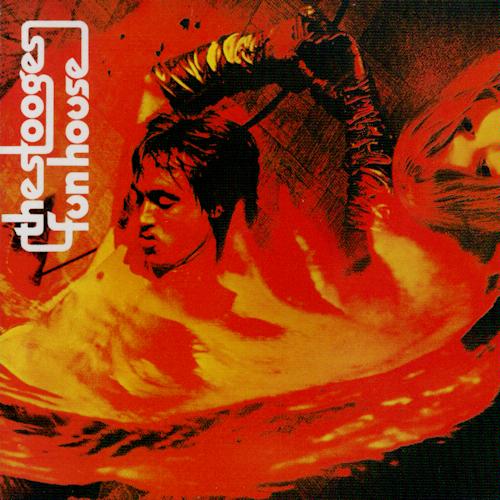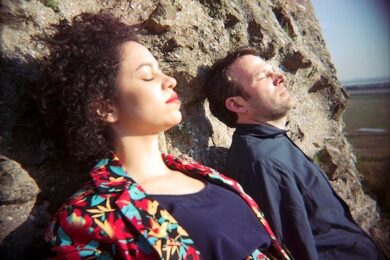5. The StoogesFunhouse

This is one of those records that I reached through Low, when you read a bit about Bowie and you think, "Ah, so who’s this Iggy Pop character?" And it was the first Stooges record I ever bought: I used to go to a night called Bugged Out in Brighton, which I loved because it was so eclectic, and later I realised they’d been playing The Stooges: it was like a visceral call to the dancefloor. It’s so primal and so animal, and again, it’s speaking to the lizard brain, because Iggy is so animalistic. And with this record, I was suddenly listening to bloody saxophone solos! I have no interest in the saxophone – it’s a jazz instrument, and I don’t listen to jazz – but there I am, listening to ‘Fun House’ and absolutely revelling in it. It has that same artistry that jazz has, but harnessed to this really driving beat. I wasn’t a musician then, but it was eye-opening because of the idea that regardless of what your influences or what you’re using, it always has to come through you as a conduit. I love the fact that my first forays into jazz or being interested in brass as an instrument that I’d want to hear on my own stuff came from this record, and the reason there’s a saxophone on The Optimist is because of Funhouse. And I love how it opens with ‘Down On The Street’, with that animal growl. It’s the romantic idea of the jungle on record, that slightly scary but also really invigorating sound. It’s the sleazy element. They’re completely raunchy. Iggy is the epitome of the Dionysian in rock music and Bowie is the epitome of the Apollonian, because he really is the force of will over everything else, and that’s maybe why they worked together so well in that period. I don’t know whether Camille Paglia would necessarily agree, though…


